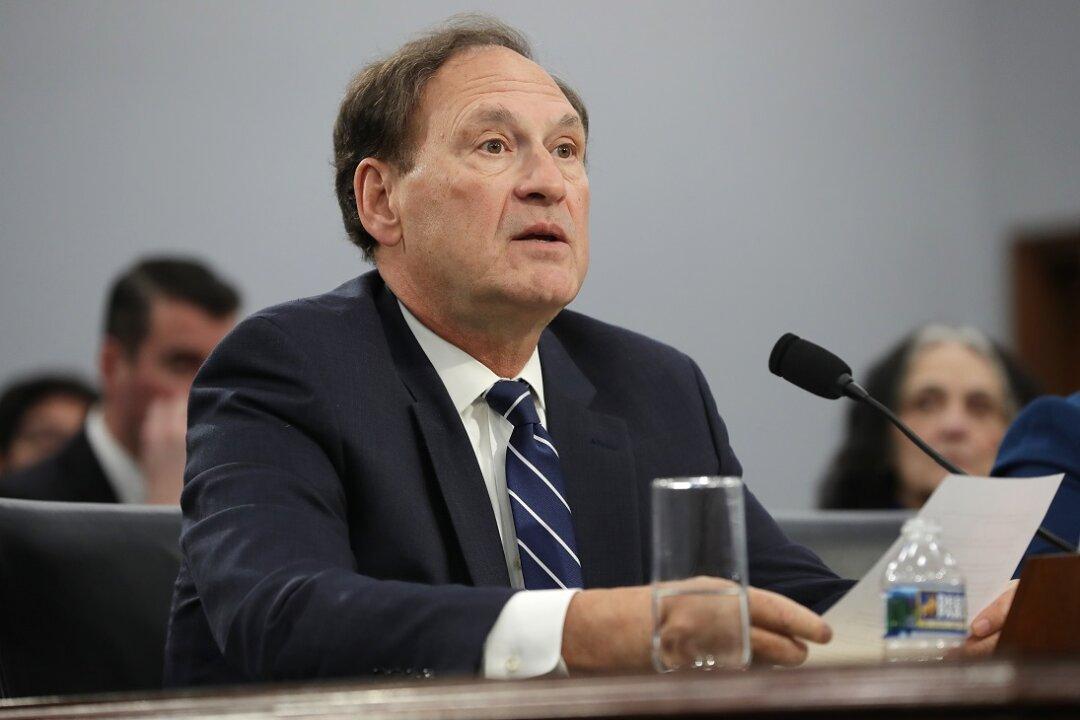U.S. Supreme Court Justice Samuel Alito has weighed in to defend the recent rulings from the conservative majority, saying that those questioning the high court’s legitimacy have “crossed an important line.”
Alito, who penned the majority opinion that essentially sent the question of abortion access back to individual states, was asked by the Wall Street Journal whether overturning precedent threatens the Supreme Court’s legitimacy.





